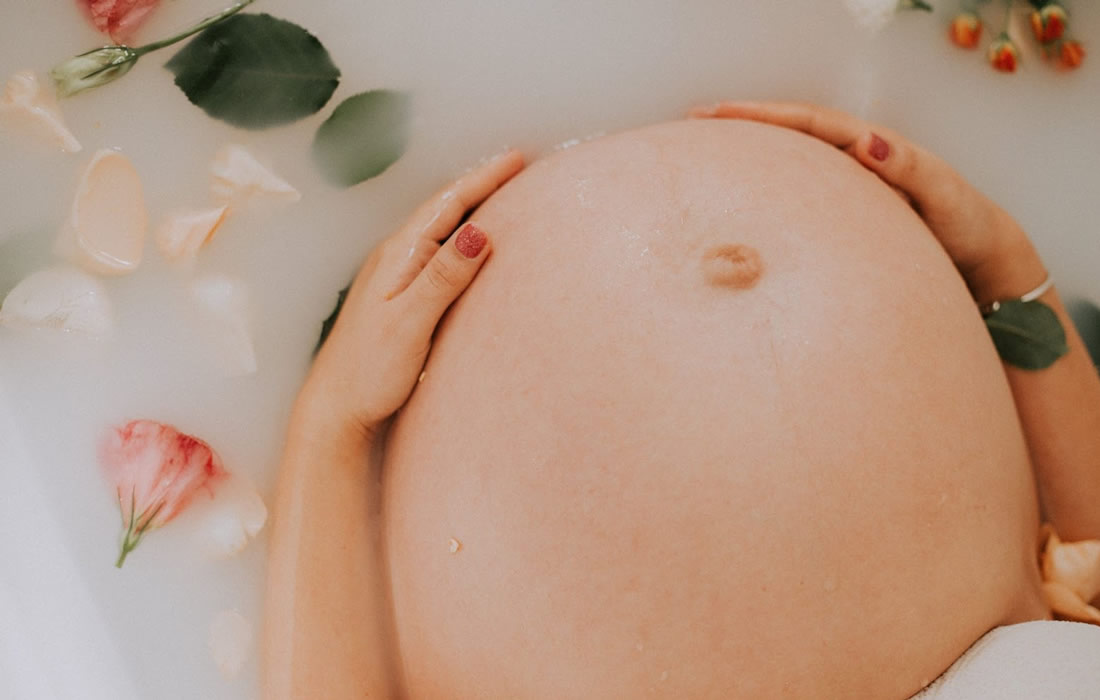Regenerative Medicine News and General Information
Potential Link Between High Maternal Cortisol and Unpredicted Birth Complications
Washington State University researchers measured the stress hormone cortisol in hair samples of 53 women in their third trimester.
Of that group, 13 women who had elevated cortisol levels later experienced unpredicted birth complications, such as an early birth or hemorrhaging.
“There was otherwise nothing about these women that would suggest a disease or anything else complicating the pregnancy. This confirmed some hypotheses that levels of stress, related specifically to cortisol levels, might be associated with adverse birth outcomes,” said Erica Crespi, a WSU developmental biologist and the study’s corresponding author.
As part of the study, the participants all answered survey questions about their levels of psychological distress in addition to having cortisol measurements taken in the third trimester of pregnancy and after they gave birth.
The women who experienced unexpected birth complications had elevated cortisol concentrations in their hair, a measure that indicates the stress hormone’s circulating levels in the body during the three months prior to collection.
These women also reported feelings of stress, anxiety and depression, but on average, only high cortisol levels during pregnancy showed a strong link to adverse birth outcomes.
Cortisol, a steroid hormone, rises in humans and many animals to help regulate the body’s response to stress, but prolonged high cortisol is associated with major health problems including high blood pressure and diabetes.
Throughout pregnancy, cortisol levels naturally rise two to four times and peak during the third trimester, but the measurements in this study showed even more pronounced elevated cortisol levels among the women who had unexpected birth complications.
Two months after giving birth, the group that experienced birth complications continued to show elevated cortisol and gave survey answers indicating continued stress, anxiety and depression.
Finding ways to reduce stress around birth could help improve outcomes for both infants and mothers, the researchers said.
This study is also a reminder to expectant and new mothers to prioritize their health.
“It’s very easy to sacrifice our own health and well-being to prioritize our children’s, especially when it feels like resources are scarce,” said Waters.
“But our ability to show up as parents comes from a foundation of getting our needs met too — like the saying, ‘you can’t pour from an empty cup.'”
Sources:
J.A. Madigan, Sara F. Waters, Maria A. Gartstein, Jennifer A. Mattera, Christopher P. Connolly, Erica J. Crespi. Perinatal hair cortisol concentrations linked to psychological distress and unpredicted birth complications. Psychoneuroendocrinology, 2024; 161: 106921 DOI: 10.1016/j.psyneuen.2023.106921
Materials provided by Washington State University. Original written by Sara Zaske. Note: Content may be edited for style and length.
Washington State University. “Potential link between high maternal cortisol, unpredicted birth complications.” ScienceDaily. ScienceDaily, 31 January 2024. <www.sciencedaily.com/releases/2024/01/240131144455.htm>.
Images from:
Photo by lucas mendes
https://www.pexels.com/photo/pregnant-woman-sitting-on-bathtub-3094435/

